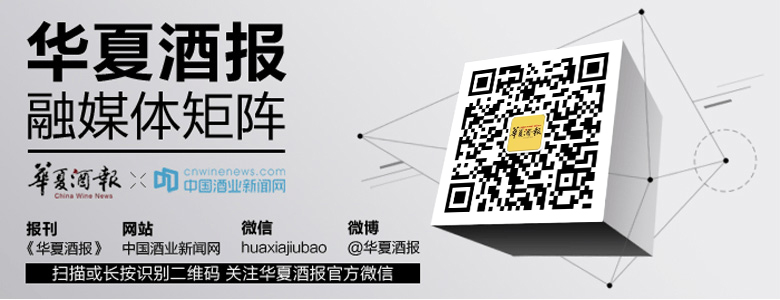In 2025, in addition to national consumer product subsidies, a “subsidy war” among major e-commerce platforms in the instant retail sector is also in full swing. According to a report released by the E-Commerce Research Center, industry giants Alibaba, Meituan, and JD.com are engaged in fierce competition in instant retail, planning to inject over 100 billion yuan in subsidies into the market within the next year to compete for user traffic and market influence.
The baijiu industry has inevitably been drawn into this subsidy battle. However, at a time when many premium baijiu brands are striving to maintain stable prices, the situation has become increasingly complex.
During this year’s 618 shopping festival, several e-commerce platforms offered significant discounts on high-end baijiu products, severely disrupting the established pricing order in the industry. For example, the price of 500ml Feitian Moutai, which usually hovers around 2,000 yuan, fell to as low as 1,970 yuan per bottle after platform subsidies. Similarly, the price of the Eighth Generation Wuliangye dropped below 900 yuan on certain platforms.
Industry experts point out that instant retail represents the next trillion-yuan-level market in e-commerce, attracting massive investments from leading platforms. While these subsidies help increase short-term traffic and enhance the instant retail ecosystem, they also exert downward pressure on the pricing systems of baijiu brands.
There are growing concerns that an overreliance on subsidies may distort market competition, reduce profit margins for merchants, and ultimately harm brand value and healthy industry development. In May, China’s market regulators summoned the three major platforms, urging them to avoid “disrupting competition through subsidies” and to ensure that pricing does not fall below reasonable cost levels.
For baijiu manufacturers, the challenge lies in balancing the need to maintain brand image and price stability with the pressure to participate in subsidy-driven promotions. As merchants struggle with high inventory and cash flow pressures, the clash between “price maintenance” and “subsidized sales” continues to intensify.
The ongoing subsidy war not only impacts short-term sales dynamics but also poses significant questions about the long-term structure and competitive order of the baijiu market.

